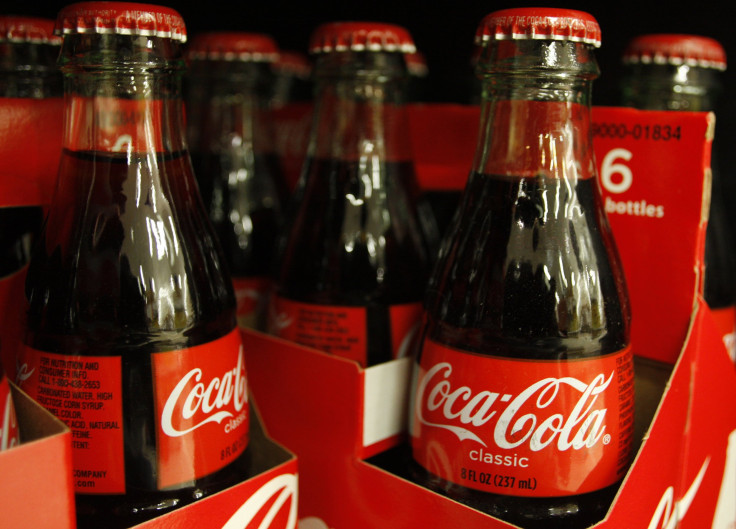Soda Dangers Beyond Obesity: Guzzling Too Many Soft Drinks Can Disrupt The Rhythm Of The Heart

A coke habit can be seriously dangerous -- and we’re talking about the kind that goes in your mouth, not up your nose.
While it might seem pretty obvious that excessive consumption of soft drinks can’t be good for your health, the dangers of sucking down too much soda go beyond the usual suspects like obesity and tooth decay. Natasha Harris, a 31-year-old New Zealand woman and mother of eight, died of a heart attack in 2010 but made headlines this past February when a coroner declared that her soda habit was a big factor in her death.
Harris’s partner told coroner David Crerar that Harris drank about 9 liters (2.3 gallons) of Coke every day -- the equivalent to more than four 2-liter bottles, the largest size available in most supermarkets. Based on evidence in medical literature and testimonials from doctors, Crerar wrote in his report that too much cola can lead to extremely low levels of potassium in the blood, a condition called hypokalaemia. Even moderate or mild hypokalaemia carries some risk of death by heart attack, according to Crerar’s witnesses.
Thus, drinking so much soda “was a substantial factor that contributed to the development of … metabolic imbalances, which gave rise to [cardiac] arrhythmia” -- a condition where a person’s heart beats too fast, too slowly or irregularly.
Now doctors from Monaco have outlined a similar case in their clinic, similar to Harris’ but with a happier end, in a report presented at a meeting of the European Society of Cardiology in Athens, Greece (but not yet published in a peer-reviewed journal). Physicians Naima Zarqane and Nadir Saoudi, from the Princess Grace Hospital Center, describe a 31-year-old woman who came to their hospital after fainting. Blood work revealed extremely low potassium levels -- 2.4 millimoles per liter, where the normal range is between 3.5 and 5.1 millimoles per liter -- and an abnormal heartbeat pattern known as long QT syndrome.
The patient told doctors at Princess Grace that she had been drinking soft drinks in place of water since age 15. Doctors advised her to cut out the soda, and both her blood potassium levels and heartbeat pattern returned to normal ranges within a week.
Zarqane and Saoudi think there are a couple possible explanations for the link between excessive Coke consumption and low potassium levels in the bloodstream. The sugary high fructose corn syrup in cola may keep a person’s gut from absorbing water, leading to diarrhea that flushes potassium out of the body (literally).
Another problem stems from the caffeine content of the soda, which the researchers say might affect the loop of Henle, a portion of the kidney that reabsorbs potassium and other ions from a person’s urine. The caffeine may reduce the amount of potassium taken up by the loop of Henle.
Low potassium levels, in turn, affect the heart through the ion channels that help regulate a person’s heart rate. These channels are pores in a cell’s membrane that allow potassium ions to move in and out of cells, a key part of the mechanism that allows electrical signals to travel from cell to cell. Without proper potassium levels in the blood, the electrical current that powers heart muscle is compromised and the heart can’t beat normally.
"One of the take home messages is that cardiologists need to be aware of the connection between cola consumption and potassium loss, and should ask patients found to have QT prolongation about beverage habits," Zarqane said in a statement.
© Copyright IBTimes 2024. All rights reserved.





















